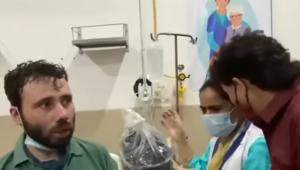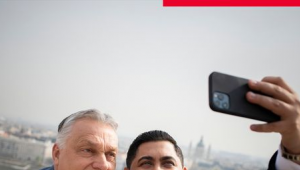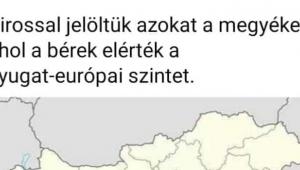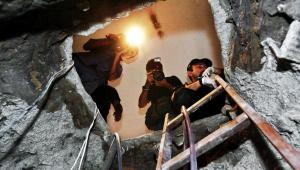“Central Europe understands Russian realities better than we Westerners do”, French top diplomat tells Válasz Online
In early December, Emmanuel Macron said that Russia sees NATO enlargement as a threat and needs “security guarantees” to bring her back to the negotiating table. The French president’s words were sharply criticized by Poland and the Baltic states. To make sense of the situation, Válasz Online calls on one of the most competent people in the field: a top French diplomat, Pierre Vimont, who has long been Macron’s éminence grise on Russia. From 2019, he has been trying to reach a behind-the-scenes agreement with his Russian partners on new European security arrangements. He is very familiar with the Moscow mindset as his father served as an ambassador to the Soviet Union. He considers the use of nuclear weapons unlikely and, although he believes that the Russian military is committing war crimes in Ukraine, yet claims that the West should negotiate with the leadership. Interview.
One of the first Western casualties of the Russian aggression in Ukraine was your mandate: on 24th February 2022, your position as Special Envoy for the architecture of security and trust with Russia was terminated. Are you disappointed that your work may have been for nothing?
Not at all. We had to try to have a dialogue at least. My work had two dimensions: on one hand, we worked on improving Franco-Russian bilateral relations, having made some achievements. On the other hand, Emmanuel Macron wanted to rethink the European security arrangement and he believed that Russia had a major role in it. Here we quickly ran into obstacles because the Russians were intransigent on a number of issues. Moreover, not long after the launch of the dialogue in 2019, the pandemic broke out making it difficult to move forward without face-to-face meetings.
For years, Poland and the Baltic states have been warning France and Germany that Moscow views dialogue as a sign of weakness and aims to rebuild its former empire, by force if necessary. Why have you not listened to them?
I do hear this argument a lot from our Central European friends and I must admit that countries in your region often have a better understanding of Russian realities because of their history and geography than we Western Europeans do. However, what does bother me about this argument is that it deems any dialogue with Russia superfluous. If we accept this, then we must ask ourselves what we Europeans are going to do about Russia?
We all hope that the war will end in Ukraine’s favor but Russia will still remain on the EU’s borders and long-term stability and peace are unthinkable without negotiating with Moscow.










